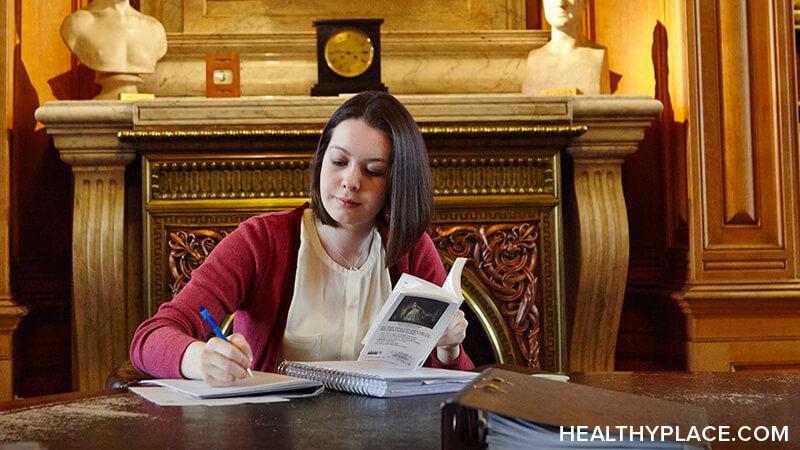Anxiety Lessons: Wisdom About Anxiety from Aesop's Fables

Anxiety lessons come in all forms and sizes. Wisdom about anxiety, ways to understand it so we can begin to create our quality lives without delay, can come from a plethora of sources. We can even gain insight into anxiety by looking way back into the past. Gems of wisdom from fables written nearly 3000 years ago by a man named Aesop can teach us helpful little anxiety lessons.
Anxiety Lessons and Wisdom--from Aesop?
Aesop lived in ancient Greece, approximately 620 BCE to 560 BCE. He wrote (or possibly re-wrote from an even earlier time) a collection of fables: short tales that teach a lesson, each with a moral at the end. He was kind enough to write down the morals to prevent readers from missing the point of his stories.
The morals of his fables have a broad reach. Not only do they journey through time to meet us today, but they also have an extended application. We can interpret his lessons to teach us a thing or two about anxiety, and we can use the short lessons in our efforts to reduce anxiety and keep it away. These modern interpretations of the lessons of Aesop's fables just might provide useful insight that you can use as reminders when you're managing anxiety.
Aesop's Wisdom for Modern Anxiety
- "Like will draw like." What we focus on becomes our primary reality. When we place our thoughts on our anxiety, we reinforce it. Focus instead on what makes anxiety better, and that's what will grow. (Fable: "The Charcoal-Burner and the Fuller")
- "Things are not always what they seem." Just because we think something doesn't make it true. The worries and what-ifs in our head usually aren't accurate. Question them, test them, accept them without buying into them. (Fable: "The Ass and the Grasshopper.")
- "Everyone to his taste. One man's meat is another man's poison." There is no single way to overcome anxiety, and what works for one person might not work at all for another. You're not a failure if you haven't found what works for you. Keep seeking, and you'll find what works for your anxiety. (Fable: "The Ass Eating Thistles")
- "The memory of a good deed lives." With anxiety, we tend to find, focus on, and remember the negative. Instead, pay attention on purpose to the good in yourself and your life to shift your thoughts away from anxiety and onto what's better. (Fable: "The Old Woman and the Wine Jar.)
- "Slow and steady wins the race." Unfortunately, there are no quick-fixes for anxiety. Overcoming anxiety takes work and perseverance and patience. With these strengths, you will leave anxiety behind. (Fable: The Tortoise and the Hare.")
- "We should never look so high as to miss seeing the things that are around us." Creating goals for our anxiety-free life and taking action steps to move toward that life is important, but it doesn't replace where we are right now. Live mindfully in the moment, fully present in your life. Your life is now, and when you ground yourself in the present, anxiety can't rob it from you.
APA Reference
Peterson, T.
(2019, February 7). Anxiety Lessons: Wisdom About Anxiety from Aesop's Fables, HealthyPlace. Retrieved
on 2025, December 31 from https://www.healthyplace.com/blogs/anxiety-schmanxiety/2019/2/anxiety-lessons-wisdom-about-anxiety-from-aesops-fables